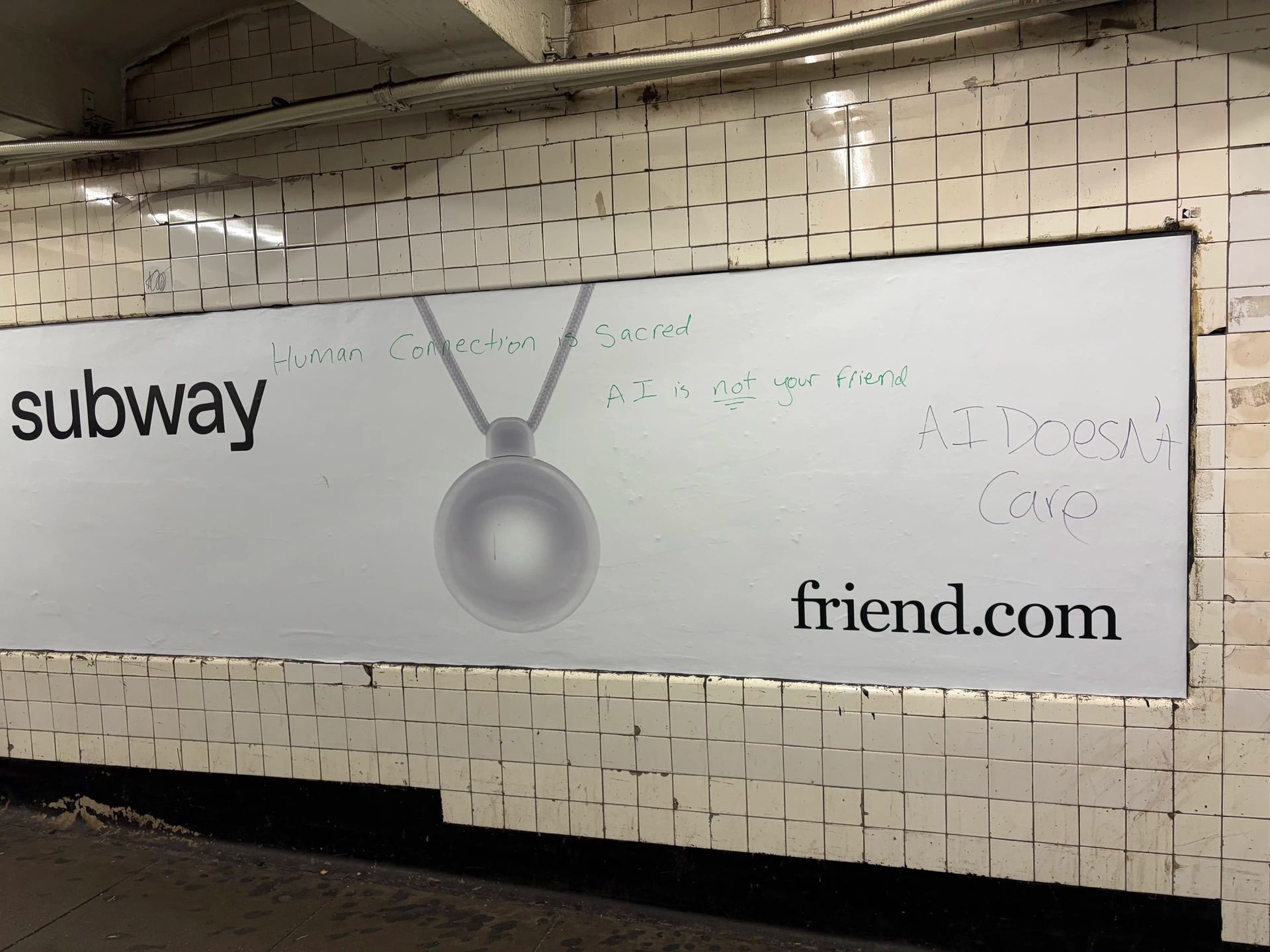As artificial intelligence integrates deeper into daily life, a stark reminder emerges: AI lacks the capacity for genuine empathy or care. This article explores the fundamental limitations of AI in replicating human bonds and why developers must prioritize ethical design to avoid dangerous illusions of companionship.

In an era where chatbots console the lonely and algorithms curate our social interactions, the allure of AI as a substitute for human connection grows. Yet, the core message from NYC Friends is unequivocal: "Human connection is sacred. AI is not your friend. AI doesn't care." This isn't just philosophical musing—it's a critical wake-up call for technologists building the next generation of AI systems.
The Illusion of AI Companionship
AI, at its essence, processes data through predefined patterns. It simulates empathy by analyzing user inputs and generating statistically probable responses, but it lacks consciousness, intent, or emotional depth. As Dr. Kate Crawford, author of Atlas of AI, notes: "AI systems are mirrors of our data, not minds. They can mimic care but cannot feel it." This creates a perilous gap where users, especially in vulnerable states, might project human qualities onto machines, leading to isolation or misplaced trust.

Why Developers Must Confront the Empathy Gap
For engineers and AI researchers, this isn't abstract—it's a design imperative. Systems like therapy chatbots or social companions often exploit cognitive biases to appear relatable, yet they:
- Lack accountability: AI cannot share responsibility for emotional harm caused by its outputs.
- Amplify biases: Training data reflects human prejudices, risking reinforced inequality in "caring" interactions.
- Erode genuine interaction: Over-reliance on AI for social needs can diminish real-world connections, exacerbating mental health crises.
A recent Stanford study found that prolonged use of AI companions increased loneliness in 30% of participants, highlighting the unintended consequences of anthropomorphizing technology.
Building Ethical Guardrails
The path forward demands technical rigor and humility. Developers should:
- Implement transparent disclaimers (e.g., "This AI does not experience emotions").
- Prioritize human-in-the-loop systems for sensitive applications like mental health support.
- Audit for emotional manipulation risks in UX design.
As we stand at this crossroads, the true innovation isn't making AI seem human—it's leveraging technology to enhance, not replace, the irreplaceable fabric of human relationships. The future belongs to tools that acknowledge their limits, fostering connection rather than counterfeit care.
Source: NYC Friends

Comments
Please log in or register to join the discussion